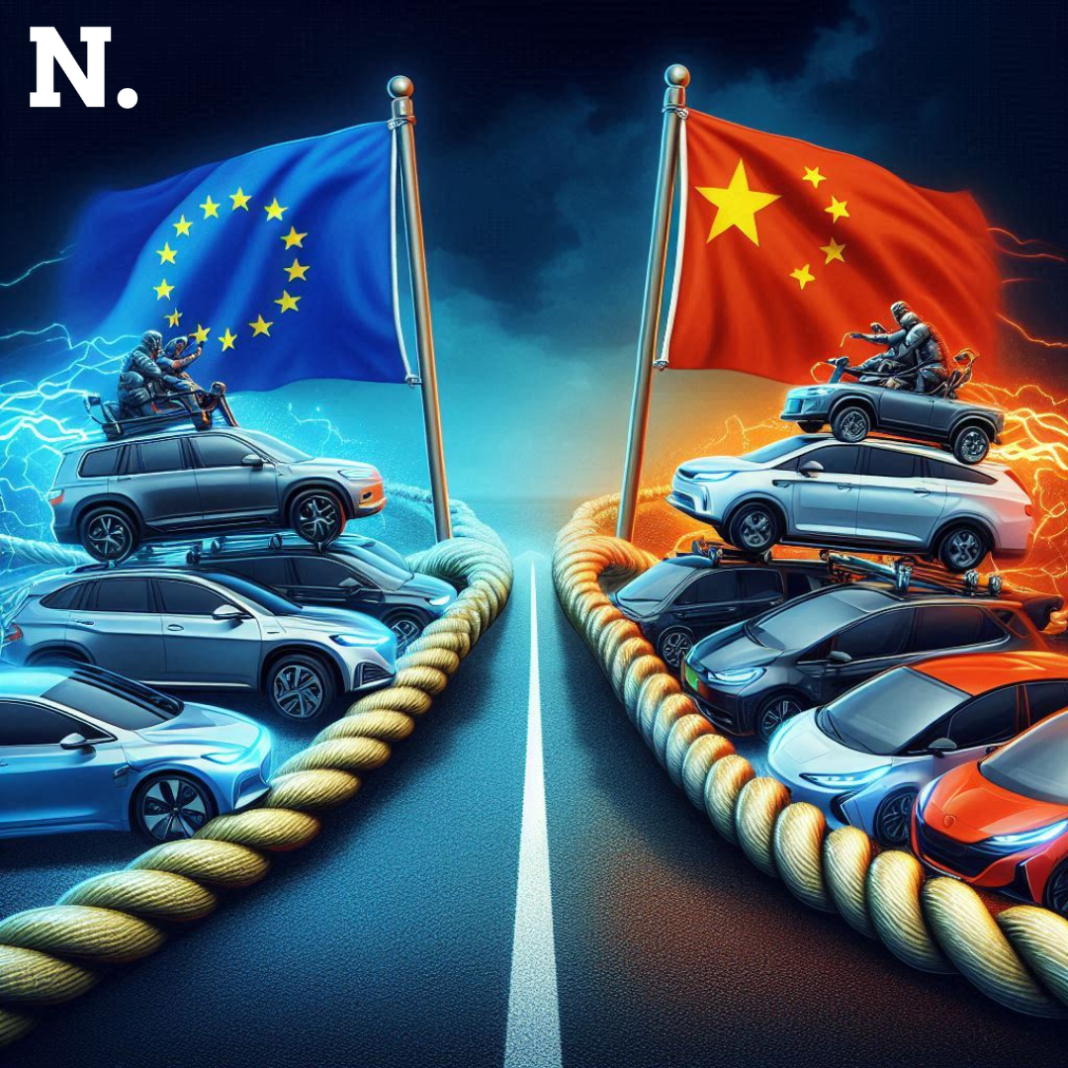German Deputy Chancellor Robert Habeck travels this week to East Asia, where he will first stop in South Korea and then continue on to China. The visit takes place amid strained trade relations between the European Union and China, which are expected to worsen due to the auto sector.
Deeper Relationship with South Korea
Habeck, who is also Minister of Economic Affairs and Climate Action, will meet with important representatives from the political world and business circles in Seoul. With an accompanying business delegation and members of the Bundestag, it demonstrates that South Korea is the second most important market for Germany in Asia.
“South Korea is an important market for Germany”, Habeck said ahead of his trip. Indeed, economic ties between the two countries are tight. Annual goods exports, at €20 billion and mainly in the car industry, run at around $21.5 billion and rise rapidly. Not to mention that South Korea’s position as a leading manufacturer of IT equipment definitely seals its status as an indispensable trading partner for Germany.
Discussions between Habeck and his interlocutors will focus on bilateral trade relations and common goals for fighting climate change. Such talks are quite timely, as transition processes in both countries move forward in terms of greener economic models. Diplomats play a key role in balancing the economic landscape and ensuring inclusivity for the future, as tensions over trade grow and the economy continues to transition toward sustainability.
South Korea’s Role in EU-China Trade Dispute
Much of Habeck’s trip to East Asia will have to take into consideration the latest announcement by the European Commission to raise tariffs on electric vehicles manufactured in China. This action taken in response to claims that Chinese carmakers benefit from excessive government subsidies, which might squeeze European rivals out of the market.
This, therefore, is going to be a bone of contention not only during the visit of Habeck to China but probably in his talks in South Korea as well. Since the supply chains for the industries are worldwide and the presence of South Korean companies in the automotive and technology sector is somewhat total, the ramifications may turn out to be great.
Battling Complex Trade Dynamics
In visiting South Korea, Mr. Habeck is likely to discuss the wider implications of policy related to EU trade. Other German officials believe that such punitive tariffs on Chinese EVs are condemned by him, as they believe these measures escalate trade tensions and disrupt existing economic partnerships.
The Seoul meeting may zero in on the need for competitive balancing—a defensive strategy that would most probably safeguard European industries but would at the same time retain open and fair trade practices. With its position as a major trading partner, South Korea will have a big say in these discussions, with possible implications for its own trade policies and economic strategies.
Building a Sustainable Economic Future
Beyond trade, the visit by Habeck is aimed at deepening cooperation in climate action and green development. Both Germany and South Korea have ambitious targets in cutting carbon emissions and making their economies far greener. That will mean joint initiatives and knowledge exchange in the areas of renewable energies, energy efficiency, and green technology at the forefront of the discussions.
South Korean officials and business leaders will focus on cooperating with Habeck in these areas during their meetings, underpinning the shared ambition of combatting global climate challenges. In fact, such collaboration is considered a necessary precondition for innovation and attainment of long-term sustainability goals.
Preparation for the China Visit
After his commitments in South Korea, Habeck will continue onward to China on Friday. The visit could hardly come at a worse time, as the EU’s tariff decision is probably going to be far up on the agenda in talks with their Chinese colleagues. Habeck will do everything in his power to help resolve these trade problems, but he will do so in an attempt to reassure Germany and China of the necessity of keeping good and cooperative relationships.
Habeck will likely hold discussions on not only contentious tariff issues but wider aspects of bilateral trade and investment with senior government officials and industry leaders in China. They would seek common grounds and open avenues for economic cooperation that benefits both, safeguarding their interests in the process.
Conclusion : Germany’s Strategic Diplomacy
Nothing can put a face to how complex and dynamic international trade relations are like the East Asia visit by Robert Habeck. Germany is trying to balance its economic partnerships between South Korea and China.
This high-level discussion will majorly determine the way forward for global trade, climate action, and economic policy. In the face of growing tensions over trade and the continuous transition toward a sustainable economy, diplomacy plays a key role in balancing the economic landscape and ensuring inclusivity for the future.





